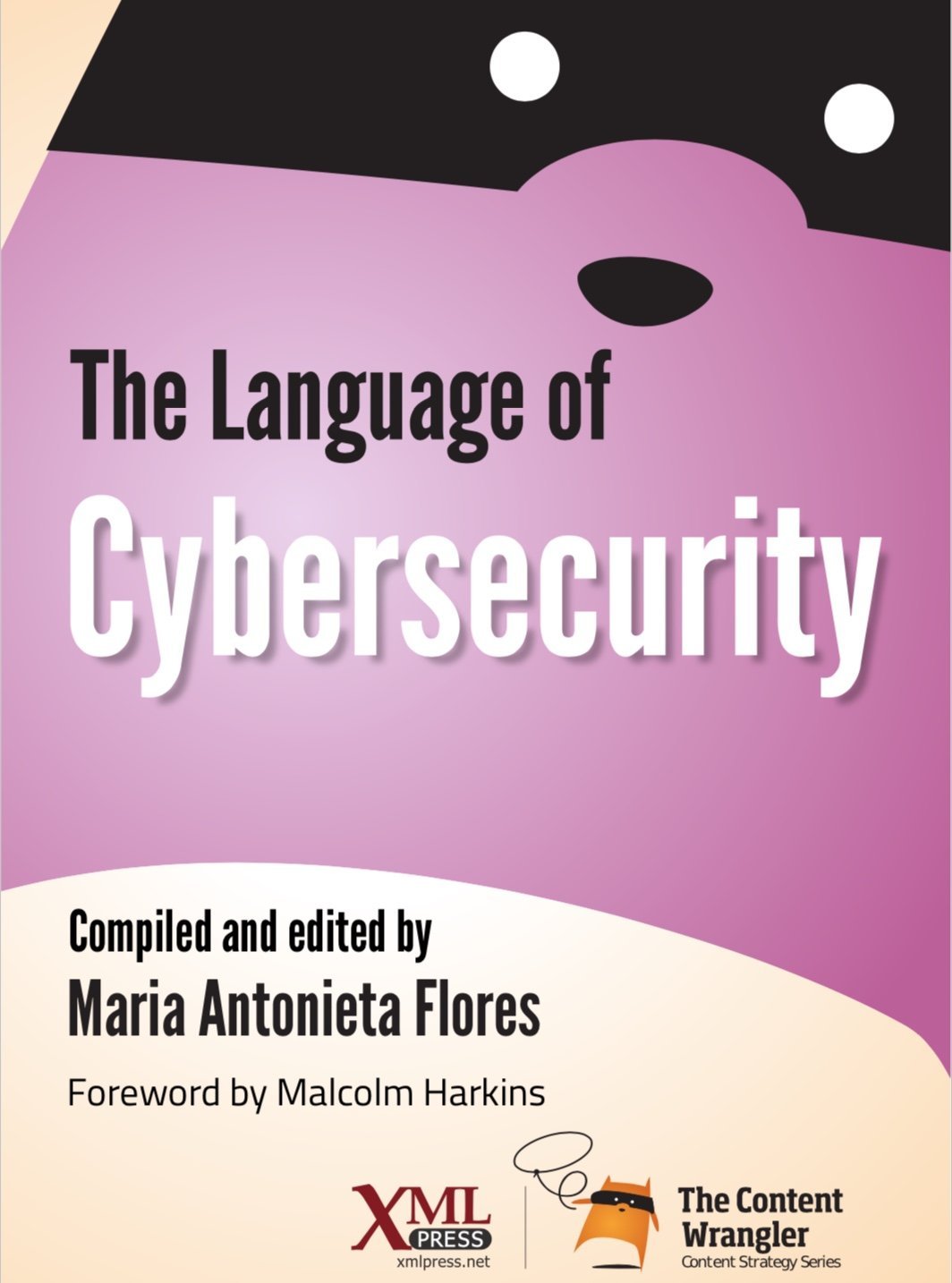Books
As a nonfiction author, Sarah Granger has written and contributed to several books about technology, security, media, and culture.
How the Culture of Connectivity Can Empower Your Life — Online and Off
The Digital Mystique
Published by Seal Press (now part of Hachette Book Group), noted in Publisher’s Weekly, and an Amazon bestseller in multiple categories…
Sarah Granger—a nationally recognized expert on online culture and social technology—shows us how digital media is shaping our lives in real time. Whether it’s how we raise our children, communicate in love and partnerships, support causes, or establish friendships and trust, Granger pinpoints the best ways to seize digital opportunities to make our lives richer and fuller.
While the Internet era is one that is frequently criticized as undermining our health, privacy, concentration, and ability to sustain real-world relationships, Granger takes a more optimistic and empowering view. She shares real-life stories and surprising facts about our lives—both online and off—to shed new and fascinating light on the positive effects of the digital media revolution, showing us how we can personally learn, grow, and thrive by engaging in our digitized world.
The Language of Cybersecurity
The Language of Cybersecurity defines 52 terms that every business professional should know about cybersecurity, even professionals who are not specialists in security or technology. Anyone who uses any kind of computing device needs to understand the importance of cybersecurity, and every business professional also needs to be able to speak intelligently with cybersecurity professionals about their needs and challenges. The book is a collaborative effort with fifty-two expert contributors, including Sarah Granger, all known for their depth of knowledge on the topic.
Terms are grouped into five categories:
Vulnerabilities: The weaknesses that can leave you open to attack
Exploits: How cybercriminals attack your systems
Defenses: How you can defend your systems against attacks
Planning, Management, and Controls: Tools for mounting an effective defense against cybercriminals
Compliance: Both core principles you should follow as well as regulations and rules you must follow
Diplomacy, Development and Security in the Information Age
The information revolution is permanently changing the face of international relations. Wired, networked protestors help power and publicize the Arab Spring, leading to the downfall of authoritarian regimes long believed unshakable. Secret cables published by Wikileaks expose the mechanics of U.S. foreign policy decision making to a global public. Chinese Internet users spread photo evidence to expose corrupt local officials. Israelis and Palestin- ians use video and social media to add another dimension to real-time conflict. But what do these disparate events really tell us?
This working paper series intends to illuminate this narrative by delving further into the trends in international affairs that have been accelerated or otherwise augmented by the information revolution. In focusing on transparency and volatility, the papers in this series also serve to deconstruct the hype surrounding key concepts of the information age.
Shift & Reset
Strategies for Addressing Serious Issues in a Connected Society
Sarah Granger contributes an essay on “Mobile, Global, Virtual, Tangible: Governments Embrace the Social Revolution as Introduced by the Internet.”
In these challenging economic times, it is more important than ever for nonprofits to focus on shaping policy, building capacity, developing talent, improving their marketing and promotion, fundraising, and developing partnerships/collaboration for organizational success. Shift & Reset: Strategies for Supporting Causes in a Connected Society teaches the nonprofit/social change/philanthropy/cause community how to take advantage of rapidly changing technologies and new communication ecosystem that exist in our connected society.
Profiles of Women in Information Technology
Over 20 biographies of women professionals from diverse technology jobs write about their experiences working in IT in different industries. Their knowledge, success and resilience is a positive message for future women IT workers.
This book give examples of how women have succeeded in IT careers, with women telling their stories in their own words. Women talk about how they became interested in technology, their career paths and how they handle work/life balance. Sarah is the first woman profiled in the book.
Ethical Hacking
Sarah Granger contributes a chapter on “Social Engineering Fundamentals,” reprinted from her original Security Focus feature article.
“The basic goals of social engineering are the same as hacking in general: to gain unauthorized access to systems or information in order to commit fraud, network intrusion, industrial espionage, identity theft, or simply to disrupt the system or network. Typical targets include telephone companies and answering services, big-name corporations and financial institutions, military and government agencies, and hospitals. The Internet boom had its share of industrial engineering attacks in start-ups as well, but attacks generally focus on larger entities.” This chapter focuses on social engineering tactics used by computer hackers.
Sarah is represented by the Linda Konner Literary Agency in New York for nonfiction. She is a member of the Authors Guild.







